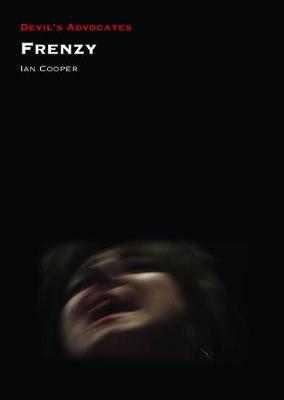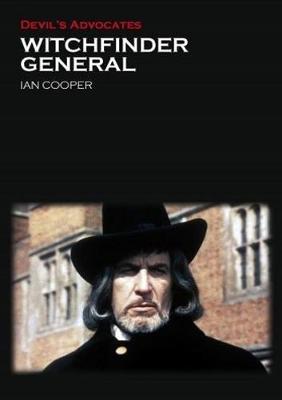Devil's Advocates
2 total works
?Frenzy (1972) was Alfred Hitchcock's penultimate film, and arguably one of his most misunderstood and neglected. Whereas even Psycho (1960) did eventually become respectable - indeed, it's a good contender for the most admired of the Master's films - Frenzy still remains problematic for many. While Raymond De Foery makes his feelings clear in the title of his book, Alfred Hitchcock's Frenzy: The Last Masterpiece, Hitchcock's controversial biographer Donald Spoto calls the film "repulsive" and "a closed and coldly negative vision of human possibility". Frenzy is perhaps Hitchcock's most nakedly autobiographical film and one which represented both a comeback and farewell to the city of his birth. But it started out as a very different kind of project. This Devil's Advocate discusses the evolution of the film, its production, reception, and place in Hitchcock's oeuvre, as well as its status as, the author argues, a key film of 'sleazy Seventies' British cinema.
Witchfinder General (1968), known as The Conqueror Worm in America, was directed by Michael Reeves and occupies a unique place in British cinema. Equally praised and vilified, the film fictionalizes the exploits of Matthew Hopkins, a prolific, real-life "witch hunter," during the English Civil War. For critic Mark Kermode, the release proved to be "the single most significant horror film produced in the United Kingdom in the 1960s," while playwright Alan Bennett called the work "the most persistently sadistic and rotten film I've ever seen." Steadily gaining a cult reputation, unimpeded by the director's death just months after the film's release, the film is now treated as a landmark, though problematic, accomplishment, as it exists in a number of recut, retitled, and rescored versions. This in-depth study positions the film within the history of horror and discusses its importance as a British and heritage film. It also considers the inheritance of Hopkins, the script's relationship to the novel by Ronald Bassett, and the iconic persona of the film's star, Vincent Price. Ian Cooper conducts close textual readings of specific scenes and explores the film's various contexts, from the creation of the X certificate and the tradition of Hammer gothic, to the influence on Ken Russell's The Devils (1971) and the "torture porn" of twenty-first-century horror.

